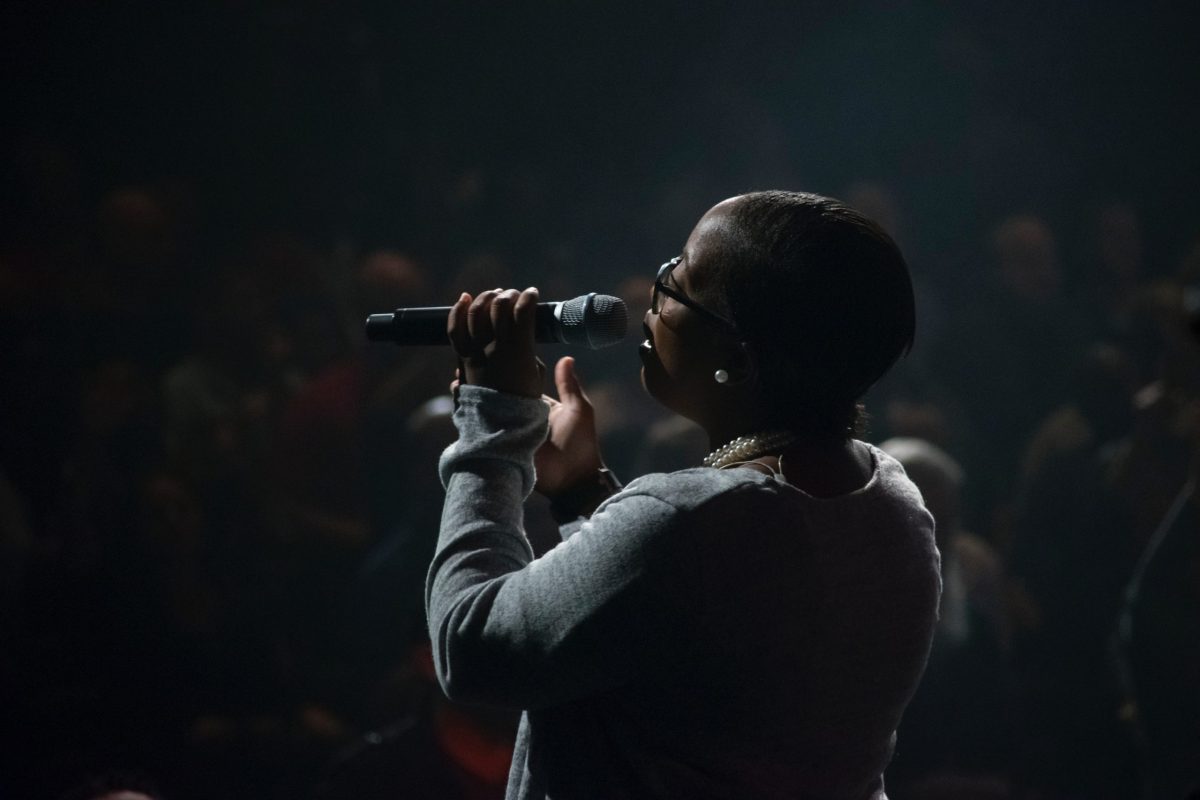Kevin Murriel ~ Race: The Newest Old Issue Confronting American Christian Life

This is the first in a series of articles on racial reconciliation in American Christian Life.
Several weeks ago I attended a conference in Houston, Texas that targeted ministry with large churches. Throughout the conference were presentations on technology, capitol campaigns, and “new age” ideas in ecclesiological innovation. Many left with concepts to take back to their congregations in hopes of implementation while others departed inspired with a rejuvenated energy for ministry. I, however, returned to Atlanta convinced that few recognized what was missing. There was no mention of the race problem we continue to face that affects American Christian life and the growth of our congregations.
Yes, I called it a “problem.” Problems are unresolved issues that stall progress. And needless to say, our inability as a country and as the Body of Christ to have productive conversations about the reality of racism is a problem. By race, I mean, our biologically engineered features (not to be confused with ethnicity) – the problem we often have with each other because of our color differences.
One of my confirmation classes experienced this problem first-hand. At their confirmation retreat two years ago, 35 black youth from an affluent Atlanta congregation were asked by a large group of white youth if their church was “ghetto”and if their hair was “real.” Where they were from and how prominent their parents were didn’t matter–only the difference in their skin color.
Because of the race problem, the nation now has to face itself in the way it did when Emmett Till was murdered in 1955. Ordering that the casket remain open at his funeral, Till’s mother wanted America to see that senseless killing as a result of racism is not just unjust, but evil. That no one regardless of their color should have their life end under such cruel circumstances.
Fast-forward 60 years and the nation now faces more media coverage of the killings of unarmed black men and women as well as the issue of racial profiling. Not that these things are new, they are just receiving more media coverage since the Travyon Martin case in 2012.
It is important to pause here and explain my intent. I am not a race baiter. Neither do I believe that inciting rage is the way to productive discourse. Rather, I am a pastor who always seeks ways to unite God’s people regardless of the associated discomfort.
Race is an uncomfortable thing to discuss. It brings back memories for many who would prefer them remain in the closet in which they were locked. Some even ask if race matters at all. It is the 21st century and by the way, we have a two-term black president, interracial families, minority-owned businesses and multi-cultural churches. Why is there a race conversation?
A recent New York Times article titled, “Racial Bias, Even When We Have Good Intentions,” cited a study conducted by Marianne Bertrand, an economist from the University of Chicago that highlighted the effect of race on job opportunities. Bertrand and her team mailed thousands of résumés to employers with job openings and measured which ones were selected for callbacks for interviews. But before sending them, they randomly used stereotypically African-American names (such as “Jamal”) on some and stereotypically white names (like “Brendan”) on others.
The same résumé was roughly 50 percent more likely to result in a callback for an interview if it had a “white” name–even though the résumés were statistically identical.
The conversation about race is important for the Church because it directly affects our parish–the world. And though every person has value, we each have intrinsic prejudices. Whether parents become nervous when a black kid shows up to a majority white youth group, or members of a primarily black congregation look suspiciously at a Latino man with tattoos who decides to attend worship, we often have the propensity to feel some kind of way towards the “other.”
So, where do we begin?
I contend that it begins with a desire to love all people and seeing the Kingdom of God as racially diverse. God did not create everyone to physically look the same so it is preposterous to think that God is White, Black, Hispanic, or any other race and only attends a certain “type”of church. Such a theology about God will keep the Church divided as it has for centuries.
One of my mentors, Dr. Gil Watson, is a white pastor serving one of the most prominent churches in United Methodism, located in the Buckhead area of Atlanta, Georgia. He is 40 years my elder and has been in ministry longer than I have been alive. We continue to see God, through our conversations, expand our understanding of each other and our calling as pastors. This relationship is intentional, and at times, uncomfortable for us both; and at the same time, one of the most rewarding experiences of our lives.
What he and I understand is that we are the Church–one, holy, apostolic, and universal–and our witness demands that we live in these intentional, uncomfortable relationships and lead the difficult conversations about the race problem. Society should not drive the Church; rather, the Church should be the influencer of society.
The race problem, however, does not have to remain. When reconciliation comes, such a problem is overcome. This will be the next subject in this series. So, stay tuned.